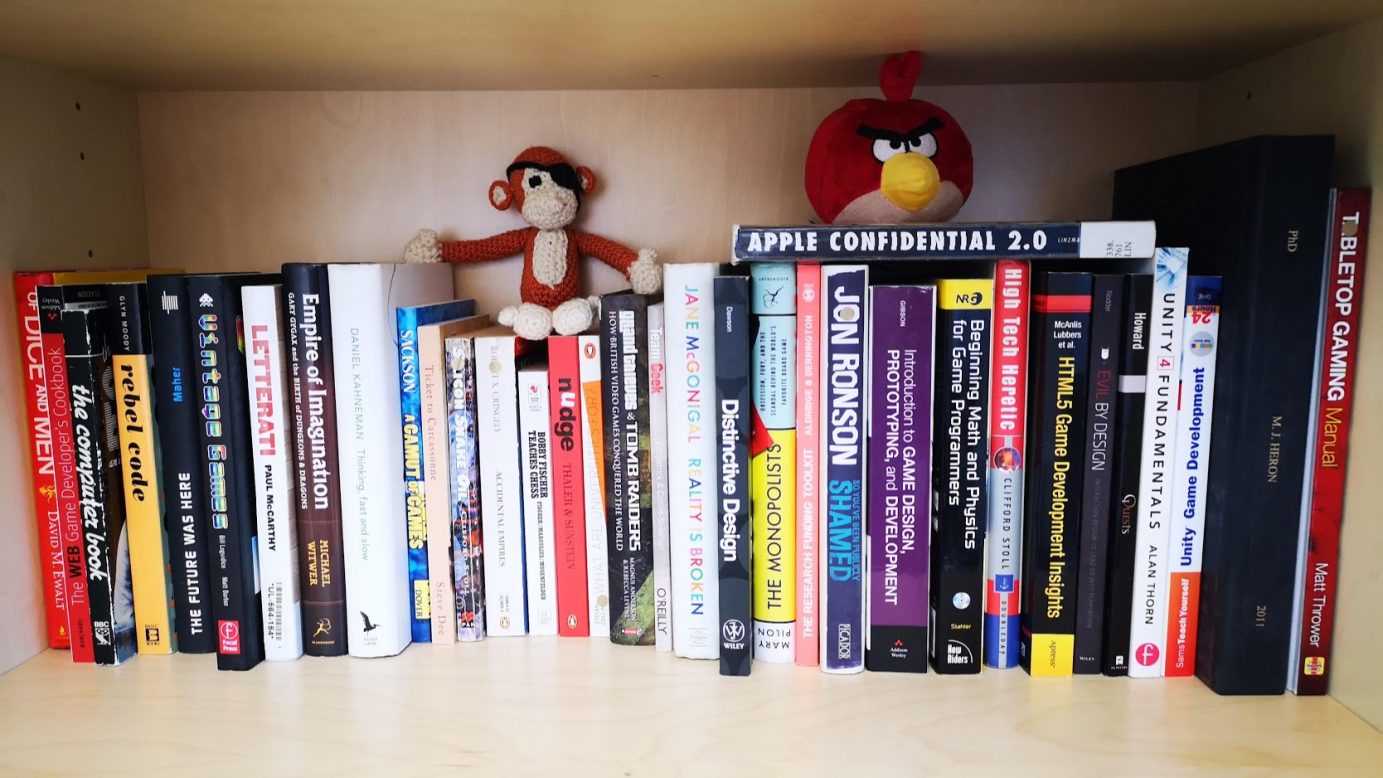Introduction
As site regulars will know, in my real life I work at Chalmers University of Technology as a senior lecturer in the Interaction Design department. Specifically, my focus is on game design and game development. I’m relatively new in post at Chalmers but I’ve been teaching games stuff for a long time, and it’s always a topic that’s a crowd-pleaser. Lots of kids want to get into the games industry in one capacity or another. Hell, lots of adults too.
Once upon a time if you said you worked in ‘games’ people would know what that meant. Nowadays it’s like saying ‘I work in construction’, or ‘I work in finance’. It’s something you can say to a stranger at a party but raises more questions than answers to someone in the biz. Are you developer, and if so what flavour? A writer? A narrative designer? What’s the difference? A tools engineer? An artist or animator? Do you work in QA?
What exactly does it mean then to be someone ‘in games’?
Folks, I don’t know the answer to that question but I do know that one of the things that’s important in any profession is a rounded appreciation of its whole gamut of complexity. I thought this month’s special feature would be a good opportunity to put together a bibliography of what I think are some the most worthwhile books for building that appreciation. If you wanted to be able to talk convincingly about what games are and how they work, you could do a lot worse than training your personal neural net on this data set.
None of these are textbooks, and perhaps weirdly, few of them are actually really about games. Games understanding is built upon an appreciation of more fundamental building blocks. It’s about how people think, what people want, and how to connect the two.
With that in mind, here are the top ten books I’d recommend to anyone thinking about getting into games as a career, hobby, or specialist category for a future appearance on Mastermind. The ten books here aren’t ranked. It’s just ten titles, in the order in which I decided to talk about them.
[ next page ]
